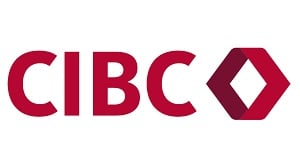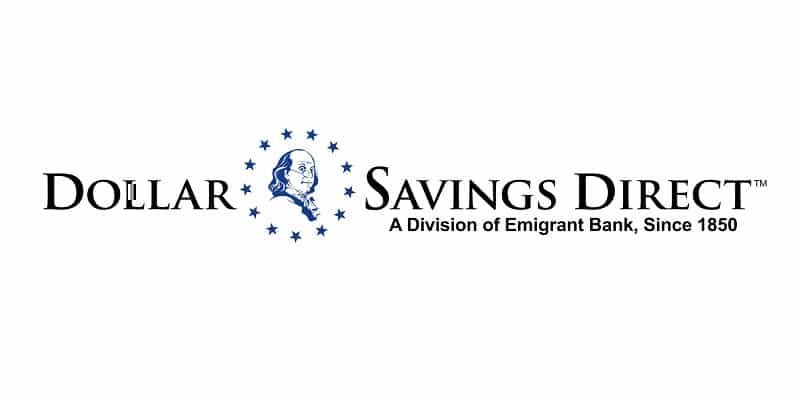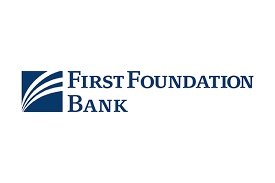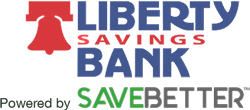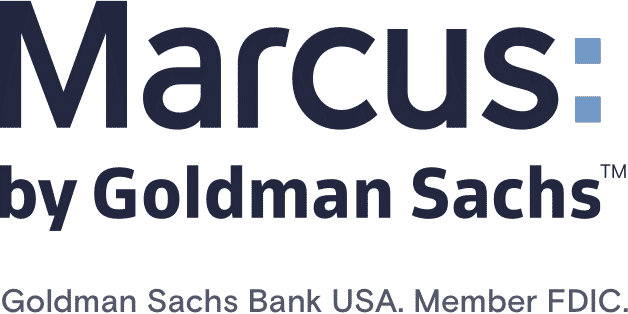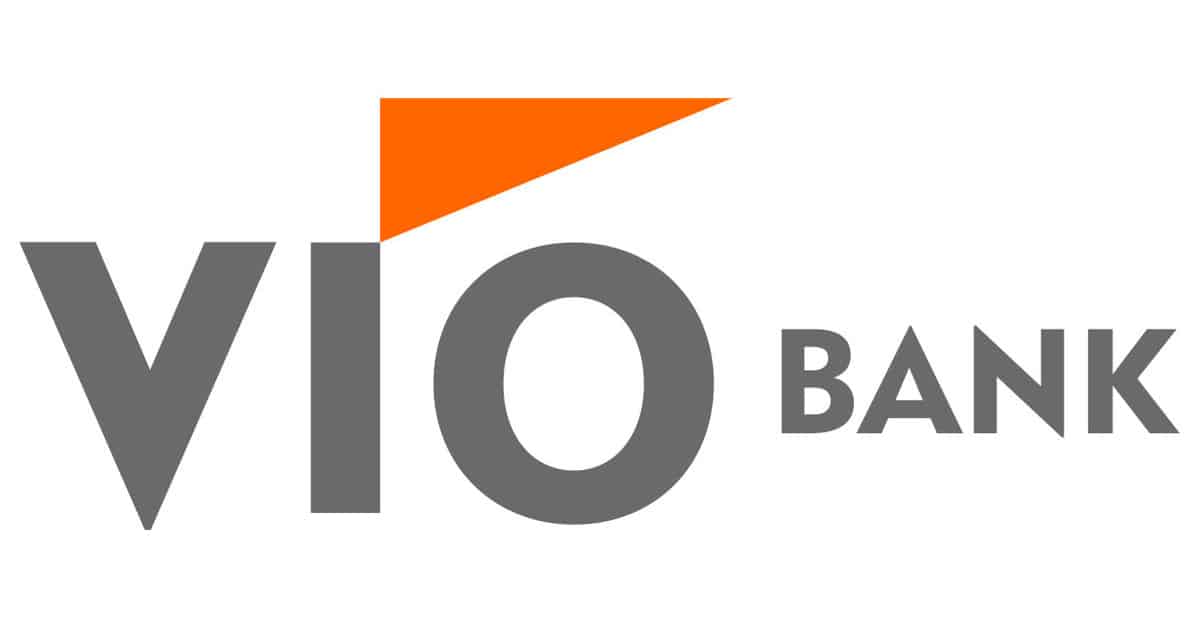Editorial Note: We earn a commission from partner links on Doughroller. Commissions do not affect our authors’ or editors’ opinions or evaluations. Learn more here.
Online savings accounts are one of the best places to stash your cash. Also called high yield savings accounts, you earn some of the highest available interest rates for a savings account, and you get the convenience of online account management and easy transfers to and from your existing bank accounts.
Recently, a reader e-mailed me asking where to find the best online cash accounts. We’ve tracked savings accounts for the past 15 years. During that time rates have changed dramatically, while fees have come down. What follows is an extensive list of the online savings accounts that pay the best rates.
Featured Savings Accounts
Bank/Credit Union
Min. Deposit
APY
Learn More
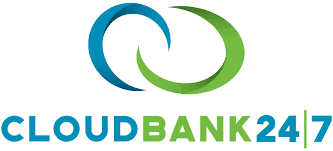
5.24%

4.50%
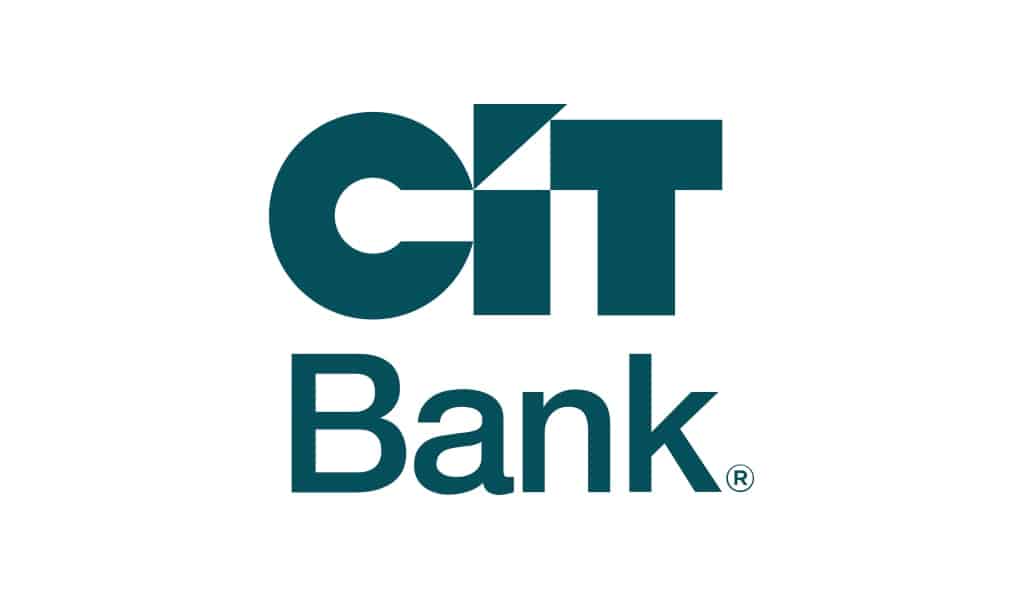
4.65%
List of the Best Savings Accounts by APY
What Are High Yield Savings Accounts?
According to the Weekly National Rates and Rate Caps issued each week by the FDIC, the average interest rate currently being paid on bank savings accounts is a paltry 0.46%. A high-yield savings account pays an interest rate substantially higher. Many banks offering high-yield savings accounts are paying 5.00% APY and sometimes higher, which is 10 times more than the average national rate.
Though some high-yield savings accounts are offered by well-recognized banks, they’re more typically available through lesser-known banks and credit unions. These financial institutions specialize in high-yield savings vehicles, that include high-yield money market accounts and certificates of deposit, in addition to high-yield savings accounts. Some even offer high-yield checking accounts, though the interest rates don’t come close to those offered on savings.
In many cases, online banks offer the highest yields. This is not a coincidence. When a bank operates primarily online, it doesn’t need to maintain the network of bank branches and employees required by more traditional banking institutions. The absence of banking infrastructure and staffing enables them to pay higher rates of return.
Some well-known banks will also offer high-yield savings accounts from time to time. They may do this as a way to draw in new customers. the accounts offered by these banks, however, often come with stiffer terms, like larger minimum initial deposits and required balances. That’s why you need to thoroughly investigate any offers for high-yield savings accounts you’re considering.
Best Uses for Savings Accounts
The best use for a savings account is to hold the money you don’t plan to spend soon. A good example is an emergency fund, which is a largely static account (or at least it should be). Still, another is a targeted savings account. This is an account intended for a specific spending purpose, like saving for an upcoming vacation, a wedding, or a down payment on a house or car. The money needs to be safe and liquid for the intended purpose, but also needs to earn more interest than you’ll get with traditional bank savings accounts.
For many consumers, the best strategy may be to maintain a checking account and a small savings account–for overdraft purposes–at a local bank. This will give you the convenience factor with short-term funds. Any excess money can be invested in high-yield savings accounts with an online bank. When needed, one can transfer the funds to the local bank checking account within a day or two by electronic transfer.
If you’re a business owner, you may need a similar arrangement. You may need to work with a local bank for your business banking while keeping the majority of your savings in a high-yield business account.
Savings Accounts vs. CDs
The basic difference between high-yield savings accounts and certificates of deposit is that CDs have a specific term, while savings accounts do not.
Certificates of deposit can range in terms from one month to five years or longer. During that term, the interest rate paid on the certificate will be fixed and guaranteed. They’re sometimes referred to as “time deposits” because your money will be tied up for a specific period.
By contrast, savings accounts can be accessed at any time and are sometimes referred to as “demand deposits” because the funds can be withdrawn on demand. Interest rates on high-yield savings accounts, unlike CDs, fluctuate based on prevailing rates. In a rapidly changing interest rate environment, the yield can fluctuate often. The initial rate on the account is never guaranteed, except for a very short introductory period, if one is offered.
Apart from interest rates, liquidity is also a fundamental difference between the two. Once again, with a high-yield savings account, you can withdraw your funds at any time. And while you can withdraw funds from a certificate of deposit early, you may have to pay a prepayment penalty (except on no-penalty CDs).
Savings accounts may also offer debit card access, and in some cases, limited check-writing capability. CDs offer neither since depositors are discouraged from accessing their money early.
Savings Accounts vs. Money Market Accounts
Over the years, the differences between high-yield savings accounts and money market accounts have been gradually evaporating. Money market accounts at one time paid higher interest, but with rates on high-yield savings accounts rising they can be comparable to money markets.
Since there are so many banks, the differences between the two accounts may mostly be a matter of how the individual bank sets up each type of account. For example, a given bank may allow debit card access to a money market, but not a savings account.
The biggest tangible difference may be in the minimum deposit required. Generally speaking, that will be higher on money markets than it will be on high-yield savings accounts. For example, a bank may impose a minimum initial deposit–and an ongoing minimum balance requirement–of $5,000. The same bank may require only $500 to open a high-yield savings account, with no ongoing minimum balance requirement.
One feature both high-yield savings accounts and money market accounts have in common is limited account transactions. Under Federal Regulation D both accounts are generally limited to no more than six transactions per monthly statement cycle.
Bank policy on exceeding the number of transactions depends on the institution. Virtually all will charge an excess transaction fee, ranging from $5 to $15 if you exceed the six transaction limit. But many banks will allow that only on a limited basis. If you consistently exceed the limit, or if you exceed a bank-imposed monthly limit, your savings account or money market may be converted to a checking account by the bank.
FAQs
Are the interest rates paid on high-yield savings accounts guaranteed?
No, though they may be guaranteed for a certain limited time, like 60 days or 90 days. Unlike CDs, savings accounts don’t offer guaranteed rates for extended terms. Rates will adjust based on the general interest rate market environment. However, the general trend has been that many banks offering high-yield savings accounts have consistently paid rates near the top of the market for several years.
Are high-yield savings accounts better than CDs, since they’re more liquid?
It depends on the intended purpose of your savings. For example, in the case of an emergency fund, a high-yield savings account is the superior choice over a CD. Since an emergency could happen at any time, you’ll need to be able to access the funds on short notice. You can do that with a high-yield savings account, but a CD will require a prepayment penalty. On the other hand, if you’re saving money for the down payment on a house, and you’re afraid that interest rates may fall, it may be better to lock in current rates for several years with a CD.
Can I open a savings account in the name of my business?
Some banks offering high-yield savings accounts do make them available to businesses. But you’ll have to check the specific policy at each bank.
Do savings accounts charge fees?
Not generally. They’re able to forgo service fees for the same reason they can pay higher interest than traditional banks. Their operating costs are just lower, eliminating the need for service fees. However, most do impose an excess transaction fee, if you exceed the six transactions per month limit under federal Regulation D.
Why don’t more local banks offer high-yield savings accounts?
Since traditional banks need to sustain a large network of branches and employees, they can’t afford to pay high-interest rates even if they want to. Another reason is that they don’t have to. Customers often choose a bank based on location. That is, they’re most likely to choose a bank that has a branch close to home. For many people, convenience is more important than return on investment. That means local banks don’t need to compete based on interest rates.
How many withdrawals can I make from a savings account each month?
Savings accounts are limited by federal regulation to 6 withdrawals per month. If you exceed this amount, your bank could charge you a fee or close your account. Note that making a withdrawal through a teller does not count toward this limit.























